“You have experienced a critical incident and have gone through a lot! Please take care of yourself.”
This is something I often say when I travel to regions of the world as a responder to critical incidents. Here are some resilience-building strategies you can employ. Unfortunately, today I cannot say to African Americans “take care of yourself because you have just experienced a critical incident.” It is my perception that being black in America means experiencing critical incidents every day.
Allow me to define critical incident for you: A critical incident is any situation beyond the realm of a person’s usual experience that overwhelms his or her sense of vulnerability and/or lack of control over the situation. Does my assertion make sense?
Violations of Worth and Safety

Unfortunately, as a person of color in America, your rights of worth and safety are constantly imposed upon and violated from the minute you wake up in the morning to the minute you go to bed. Everyday. I know this can be a very long conversation. But for now, as a mental health professional, I want to support you. I do not offer a quick answer or solution to your experiences. I want to explore anger, talk about things to expect during this time of protest and collective awareness of racially induced pain, and discuss strategies to support yourself as you deal with the realities of being colored in America.
Anger is a Good Feeling
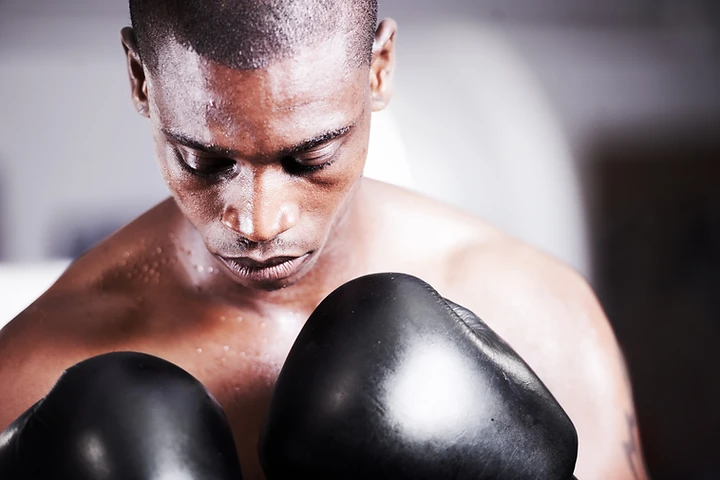
“This is not the way it was supposed to be! I did everything right. I studied. I worked hard. I got a good job. I decided long ago that I was not going to become a statistic. The system still got me. I feel defeated. I feel so angry.” Over the years, I have heard different versions of the same story as a therapist and have sat with many black and brown, beautiful, amazing, creative, powerful, smart, ingenious, brilliant individuals and their feelings of anger.
I want to tell you that your anger is good. Anger is a good, important, and necessary feeling. It is the natural response to protect ourselves when our boundaries of worth and safety have been crossed. It gives us energy to respond quickly and with force to something, which can bring us or our loved ones harm, or violates our human dignity.
Your anger is a good feeling. It is a necessary feeling. I am sorry that your boundaries of worth and safety have been crossed so many times. Many people criticize you for feeling angry. Please tell yourself: “I am angry, and my anger makes sense because my boundaries of worth and safety have been crossed.” Take a deep breath when you say that. You might feel better.
Again, understanding that each person responds differently, during this season, you may experience other feelings in addition to anger.
Other Feelings Your Can Expect
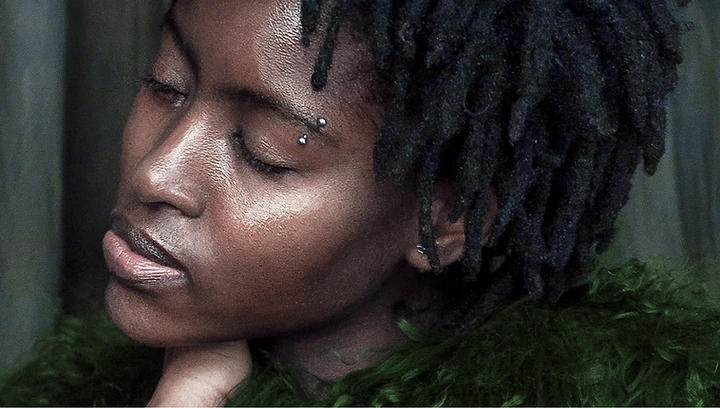
Expect to Feel Raw
Racial trauma has a cousin. Every time we are exposed to traumatic content, the cousin comes to visit. Exposure to the immense pain caused by the death of George Floyd fills us with compassion but also serves as a reminder of our own pain and the unjust racial moments when our black self was threatened, disrespected, and devalued. The national response and validation for the wrong done to George Floyd somehow works as the initial validation to our pain. Suddenly all the years of microaggressions, exclusion and injustice come to a head.
Your body may feel the impact of being presented with the misery and the reality that we live in a society where we feel unsafe most of the time. Expect to experience grief.
Expect to experience an increased sense of fear, anxiety, sorrow, and vulnerability
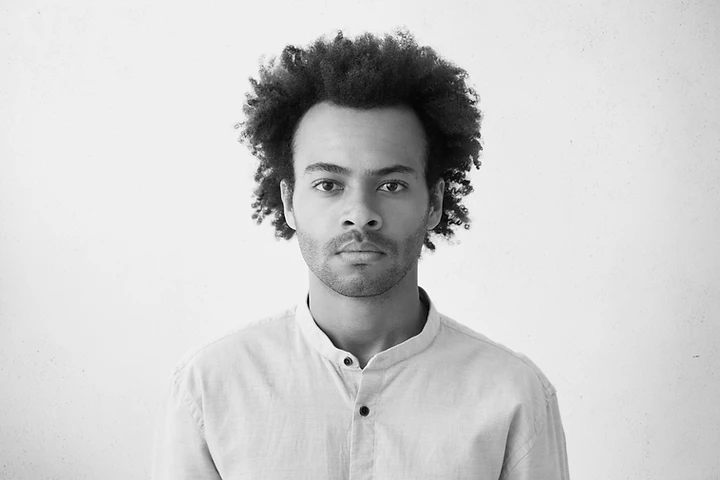
When this cousin comes to visit, the stories you heard will not go away quickly. Your full self will feel vulnerable and in danger. Expect to be more sensitive at work and even to feel afraid of stepping into a work meeting. Depending on your previous experiences, you may experience a simple work engagement in your body and brain like the danger of jumping from a cliff without protective gear. You might, in an instant, remember all the unjust racial episodes that you have experienced in the past.
Expect to feel numb

After your body has spent significant energy dealing with the unjust racial moments and realities you have experienced, a shutdown will happen. You might feel like sleeping nonstop or notice a loss of energy or motivation. It is normal. Your body is trying to recover from the intense effort it has expended processing all that is happening now. Given all these feelings, consider engaging in these strategies to support yourself:
Dealing with Racial Stress
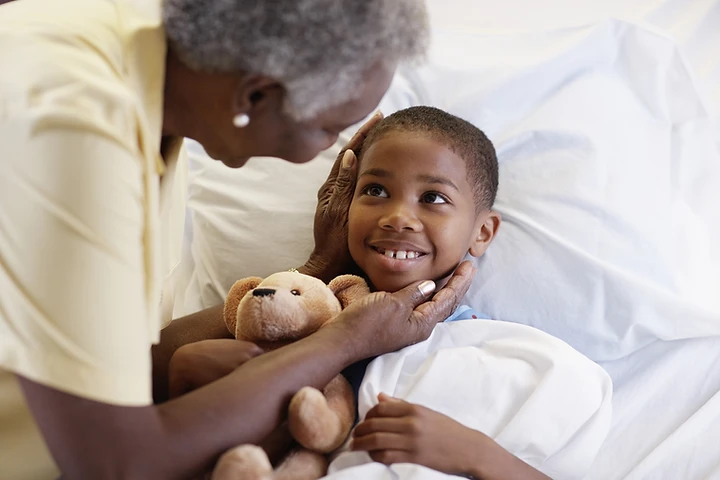
1- Connect
Turn to safe relationships and spend time with people you love. We were made for relationships. A hug and a kind gaze can go a long way. Be intentional about connecting with other people of color to process your experiences. I have noticed that we sometimes reproduce trauma we have experienced by putting a muzzle on our mouth about the pain we have experienced. Air out your pain. Refuse to suffer alone. You have been created by God for dignity, peace, safety, significance, and love. When your dignity is violated, share those violations with someone safe who will be present for you.
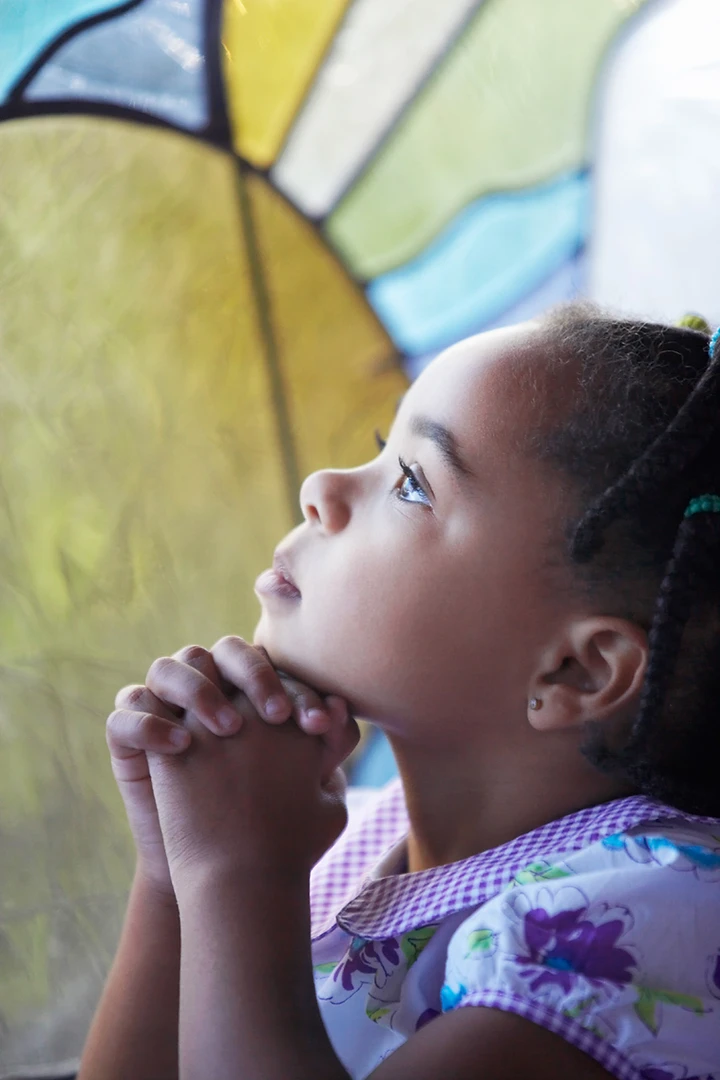
2. Lament
Cry to God about the pain and suffering you are experiencing right now. I frequently tell my clients the only way to feel stronger is to allow unpleasant emotions to go through our bodies. If we unblock the tunnel of emotions, we emerge at the other side feeling relieved.
3. Pray
Use prayer as a strategy to let go of all the wrong done against you and as an opportunity to acquire vision for the future. In a study I conducted on African Americans PhD students, measuring spirituality, we realized there was no low level of faith among participants! Only average and high! Thus, hold on to your faith! The pain of social oppression is enough to carry. Support your heart to be free from hatred. Open the rivers of your soul and allow your tears, before God, to wash your heart from all wrongdoing against you.
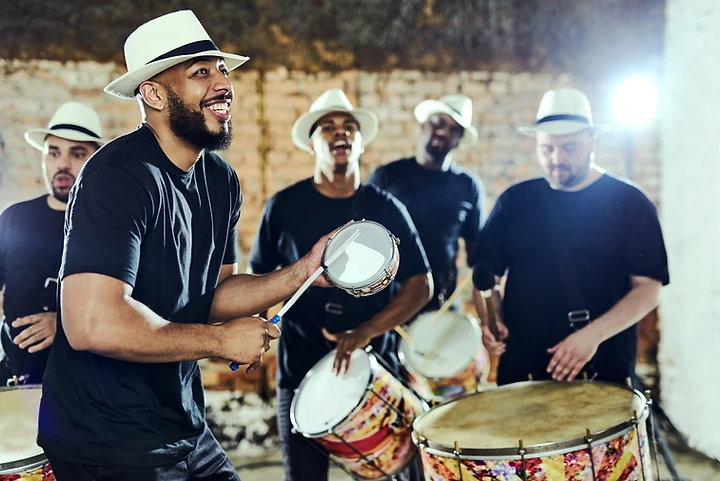
4 – Praise
It is interesting that scholars Banjo and Williams said that Gospel music traces its origins in the verbal expressions of collective moaning and hollering, drumming and rhythmic expressions along with dancing. From a trauma perspective, I think God has given us providential healing resources established centuries before our journey of pain that we experience today. When experiences of racial inequalities, exclusion, and injustice hit us, we can find healing and release through times of intense worship and song.
5- Dance

Stephen Porges, a neuroscientist, attests that mental health issues start in our gut, not in our brain. Our gut connects with our brain and controls our most important organs. For this reason, intense movement, like dancing while connecting with feelings is a source of good mental health and wellness! Remember to think of your pain when you dance. You will experience relief.
6- Detach with intention
Turn off the TV, social media, and electronics for at least two or three hours a day while you are awake. I am not preaching avoidance, but intentional detachment to offer your system a little rest from vicarious pain. Your ability to make a difference and to support the people in your life is directly connected to your ability to rest. During those times of rest, allow creativity to emerge and decide what small steps you can take to support others who are suffering with you. This can help you to engage with the agency racism tries to take away from you. You can make a difference and your actions can impact others positively.
7 – Validate Self

You pain is real. Your agony makes sense. You are not whining or crazy. Historically the pain of black people has been dismissed. Please sit with your pain. After that, make decisions. What am I going to do with my pain? In his book My Grandmother’s Hands, Resmaa Menakem talks about dirty pain and clean pain. The difference between the two is that dirty pain splashes on everyone around you, recreating a cycle of pain. Take responsibility for your pain. Choose what cycle of pain you will engage in: dirty or clean. Commit to feel your pain and express it in a way that brings healing to you and others.
8- Restore your personal sense of safety
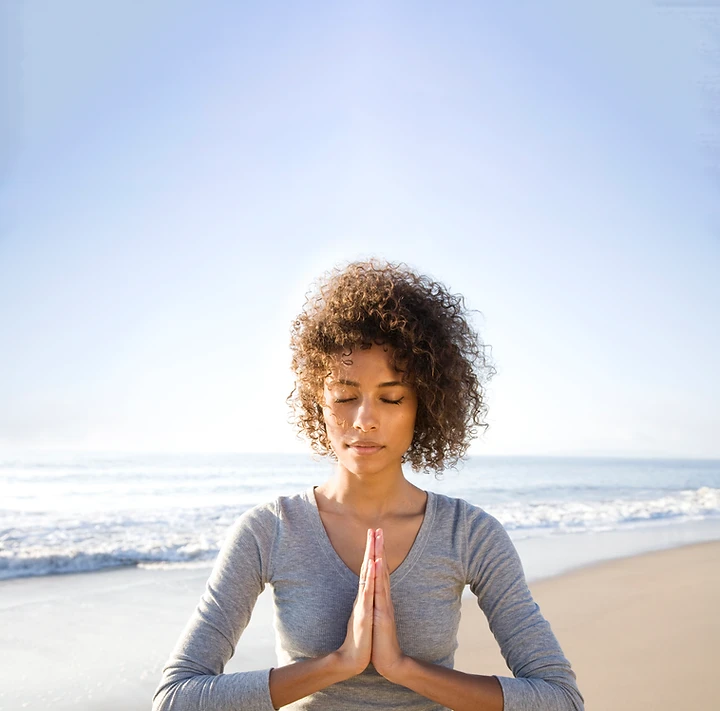
Although the outside world is unsafe, you can bring a sense of safety to your body. Here is how: reserve five minutes a day to slow down.
Sit down and take deep, slow breaths. Inhale through your nose, exhale through your mouth. Take at least five deep breaths at a time. For each breath, exhale slowly like a balloon that is losing its air. While practicing this breathing exercise, think of different body parts, from your toes to your head. After that, continue your breathing exercise and embrace yourself. Say aloud “I can offer a sense of safety to my body.” Hold yourself tight. Say as you breath “I embrace myself” “I am loved”. Sit in silence for a short time, paying attention to feelings that may emerge. Trauma lives in the body. Take care of your body by drinking water, sleeping, and reducing your caffeine intake.
9- Affirm your identity

Racism and its messages try to steal your sense of identity. Your identity is based on who you are, your uniqueness and presence in the world. Ground yourself with reminders of how loved you are by the people in your life who you know. Stop and think about what makes you laugh, your way of seeing the world, the way you talk or walk, and the characteristics you have which are unique to you. Many years ago, I stood at The Door of No Return at Gore Island in Dakar, Senegal, which was the largest slave-trading center on the African coast. I wept there as I looked at the door where it is possible that my ancestors experienced the utmost of human exploitation as they were forced to cross the ocean to be sold. After the tears, I remember experiencing a deep sense of power and identity. I told myself “My ancestors could have died on their transatlantic journey, as sadly many did. Mine did not. I come from people who refused to die. This is my identity. There is nothing lacking about me. I am strong.” Being an overcomer is part of our DNA as offspring of the ones who survived the transatlantic crossing.
10 – Hold on to hope

The prophet Isaiah stated: “Behold, I will do something new, now it will spring forth; will you not be aware of it? I will even make a roadway in the wilderness, rivers in the desert” (Is. 43:19). Isaiah was most likely talking about the wilderness and deserts of Judea, known by its granite peaks, little rain, and high temperatures. The wilderness and deserts were places of intense hardship and certain death. Yet, a study I conducted in 2018 with 179 African American PhD students revealed that African Americans with high levels of faith were three times more likely to finish their program than those with lower levels of faith. Faith in God and in your ability to impact change will continue to be your greatest source of resilience. I am glad that your brave and beautiful self is in the world. Stay strong and courageous.

